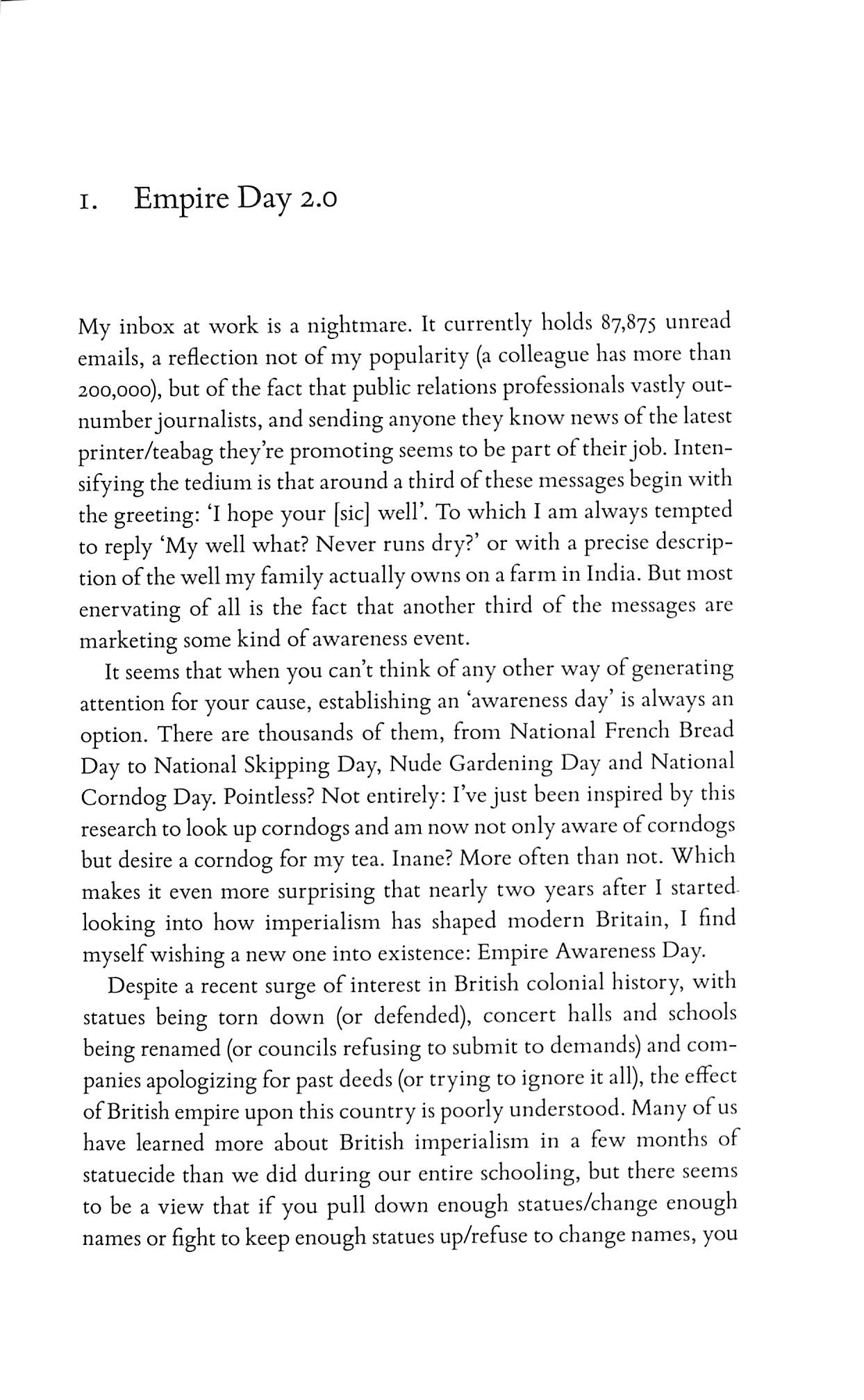

Sathnam joined The Times as a columnist and feature writer in 2007, reviews Sathnam Sanghera was born to Punjabi parents in the West Midlands in 1976, attended Wolverhampton Grammar School and graduated from Christ’s College, Cambridge with a first class degree in English Language and Literature in 1998. Between 19 he was at The Financial Times, where he worked (variously) as a news reporter in the UK and the US, specialised in writing about the media industries, worked across the paper as Chief Feature Writer, and wrote an award-winning weekly business column. Before becoming a writer he (among other things) worked at a burger chain, a hospital laundry, a market research firm, a sewing factory and a literacy project in New York. But good or bad it is our birthright.Sathnam Sanghera was born to Punjabi parents in the West Midlands in 1976, attended Wolverhampton Grammar School and graduated from Christ’s College, Cambridge with a first class degree in English Language and Literature in 1998. Empire as a subject is a partisan issue your opinion on it says more about your politics than your knowledge of history. The picture of the UK painted by Sanghera is of one ill-at-ease with itself. As a remedy to our blank spots, he advocates more teaching of empire in schools, not cordoned off as a special subject, but integrated into how we learn our language, appreciate our monuments and read our great books. This is touched upon in the chapter Selective Amnesia but will become a more pressing issue as Scottish nationalism threatens to tear apart modern Britain.

I would also have liked to read more about how the different nations of the United Kingdom experience empire differently. I am unconvinced that because Britons were colonisers, settlers and tourists, our modern wanderlust (principally to Spain and France, two countries largely un-colonised by Britain) is derived from empire. There is a nuance in analysing what we inherited from empire: in teasing out what is a parallel and what is a cause.

This is a journey of discovery for himself too, he admits that two years ago he knew very little about the subject. One of the most lucid parts of the book comes in a footnote, in which the author attacks the notion that minorities must be grateful and uncritical of the society in which they were born, and the author of The Boy with the Top Knot threads in his own experience growing up as the child of Sikh Punjabi immigrants in Wolverhampton.


 0 kommentar(er)
0 kommentar(er)
